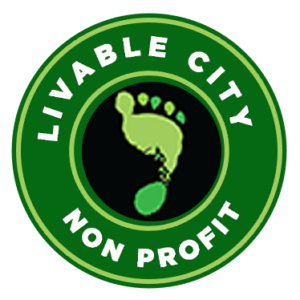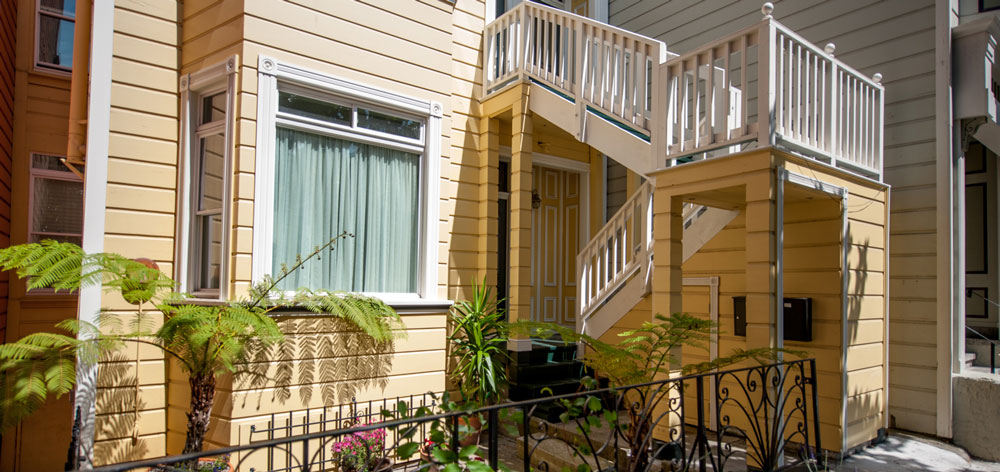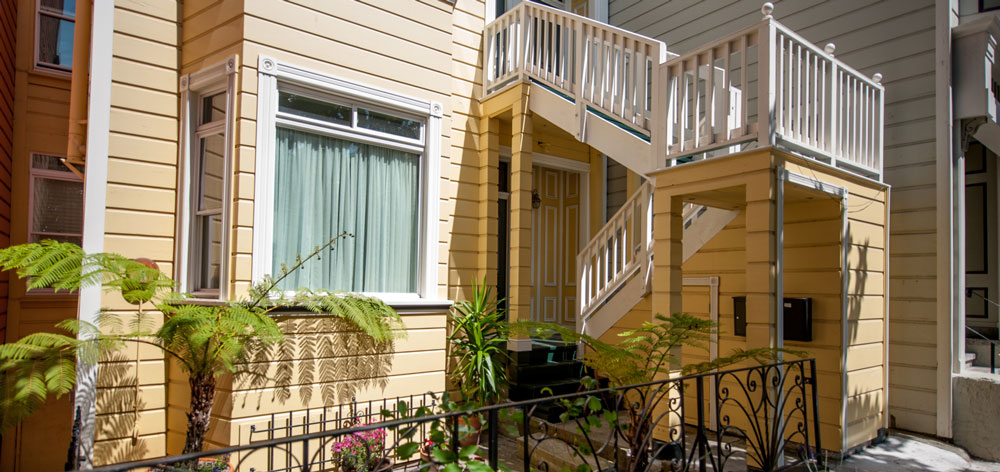 Livable City has long championed legalizing the addition of new apartments, known as accessory dwelling units or in-law units, to existing buildings. As we explained back in December:
Livable City has long championed legalizing the addition of new apartments, known as accessory dwelling units or in-law units, to existing buildings. As we explained back in December:
Adding housing to existing buildings is great way to add housing to neighborhoods while preserving their character and history. Adding housing to existing buildings is greener – the energy and resources embodied in these building is conserved, and new units take advantage of existing investments in structure and infrastructure. New units in rent-controlled buildings are rent-controlled, so allowing new units in existing buildings can grow the city’s rent-stabilized housing stock over time.
Last year, The Board of Supervisors approved Supervisor Wiener’s ordinance permitting new units in existing buildings in the Castro neighborhood. The ordinance permits exceptions from certain Planning Code requirements – density, off-street parking, private open space, and exposure requirements – which typically prevent the addition of new units to existing buildings.
This spring, two supervisors have introduced legislation to permit new accessory dwelling units in more areas of the city. On April 14, Supervisor Wiener announced he was introducing legislation to permit new accessory units in Noe Valley, Glen Park, and Diamond Heights.
On April 28, Supervisor Julie Christensen announced that she is drafting legislation to permit new accessory dwelling units in the 3rd Supervisorial District, which includes Chinatown, North Beach, Russian Hill, Nob Hill, Polk Gulch, and the Northeast Waterfront:
These new units, which Planners call Accessory Dwelling Units, can be added within the envelope of older, existing residential buildings, many on ground floors where they are accessible for our seniors and persons with disabilities. These units, when created in a currently rent-controlled building, will also be rent-controlled. As 95% of our residential buildings in District 3 were built before 1979, this opens the opportunity for the addition of a number of units.
These units are less expensive to build than other apartments due to several factors: no new land is required, the buildings are already built, the entitlement process is shorter, and most supportive infrastructure is already in place. The creation of these units will add new housing without changing the feel and character of our neighborhoods.
On April 25, Supervisor Wiener’s ordinance permitting new units in buildings undergoing earthquake-safety retrofits went into effect. This ordinance permits the addition of new rent-controlled units in existing buildings across the city if the buildings comply with the City’s mandatory or voluntary retrofit standards, creating a financial incentive to protect existing residential buildings from earthquakes.





